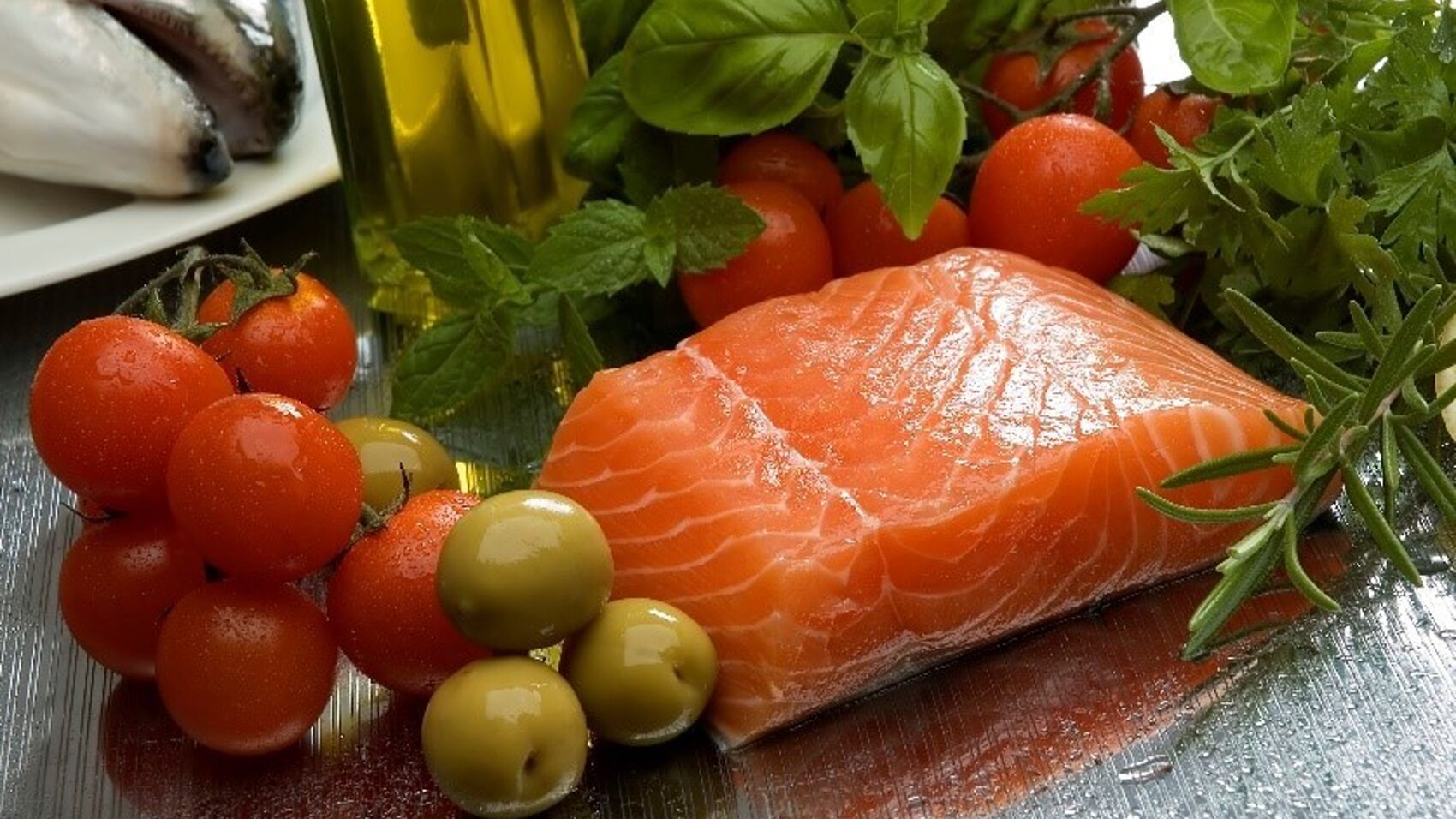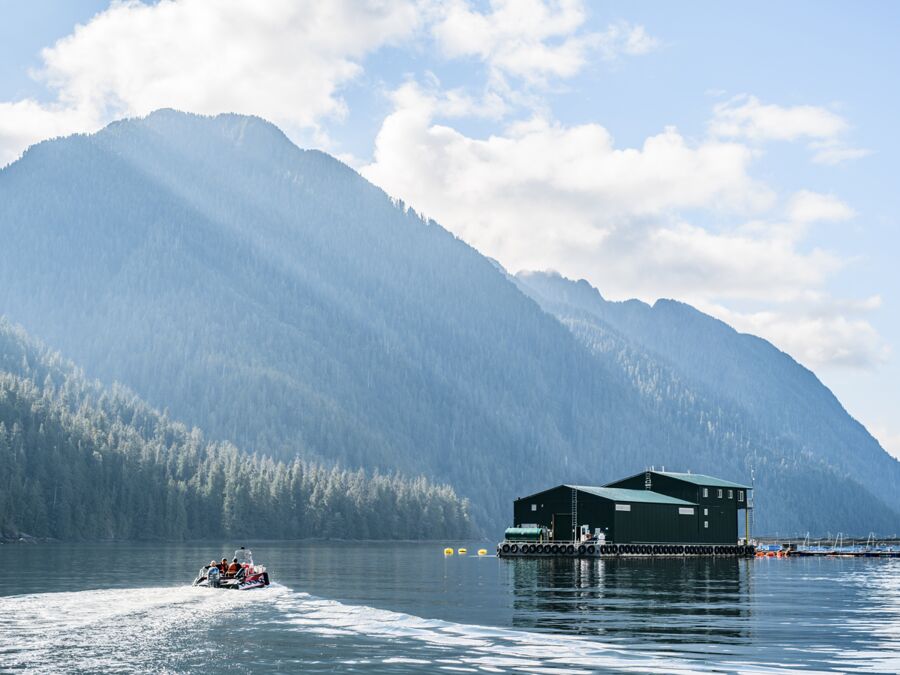News
12.08.2021
Cermaq steps up to be part of the climate change solution
By signing onto the Science Based Targets initiative (SBTi), Cermaq declares their commitment to reduce greenhouse gas emissions in line with the Paris Agreement aim of keeping global warming well below 2 degrees Celsius.

August 12, 2021
Campbell River, BC – By signing onto the Science Based Targets initiative (SBTi), Cermaq declares their commitment to reduce greenhouse gas emissions in line with the Paris Agreement aim of keeping global warming well below 2 degrees Celsius.
Cermaq's climate target is based on the Science Based Target Initiative’s framework. Climate goals and measures are based on the latest climate science and what is required to remain below the Paris Agreement aim of keeping global warming well below 2 degrees Celsius. The goals are verified by certified third parties and only contain measures with real climate impact. Thus, Cermaq becomes one of only ten companies globally in animal sourced food production, that have set the most binding climate goals for their business.
Cermaq will cut 35 percent (in absolute figures) of its total greenhouse gas emissions by 2030. More electric boats and facilities, renewable energy, climate-friendly transport and feed will be important measures, making Cermaq one of five global aquaculture companies that have adopted science-based climate targeting (SBTi).
Farmed salmon is a climate-friendly food source and with our new measures, we will make Cermaq salmon even more sustainable. Our promise, "Seafood for a healthy future” provides reduced greenhouse gas emissions, less environmental impact and a positive contribution to societies in which we operate, says Geir Molvik, CEO of Cermaq.
“The largest potential (carbon reduction) gains for (global) food production lie in the sustainable expansion of marine aquaculture.” – High Level Panel for a Sustainable Ocean Economy (2019 – Canada is a signatory of 14 nation global initiative).
Climate change is the single largest environmental issue we are facing today says David Kiemele, Managing Director Cermaq Canada. In BC, we are now witnessing weather and ocean conditions never seen before in our lifetime – the time is now for businesses to step up and lead the way in climate action. There is no time to waste, our ocean ecosystems depend on it.
The Canadian Net-Zero Emissions Accountability Act, recently passed in Parliament formalizes Canada’s target to achieve net-zero emissions by the year 2050 and establish a series of interim emissions reduction targets at 5-year milestones toward that goal. Cermaq Canada applauds that initiative and is stepping up to declare our support to climate action through our public signatory to the Science Based Targets initiative.
The Climate Change Accountability Act and the CleanBC plan was released to get B.C. 75% of the way to the 2030 GHG target – it remains an ambitious plan which Cermaq Canada is also supporting through this global initiative and Cermaq Canada commends BC’s Agriculture’s leadership on driving adaptation
through the Provincial Climate Preparedness and Adaptation Strategy, particularly relevant is the increased support for low carbon aquaculture and fisheries activities.
“Aquaculture is the fastest growing source of food production, and now is the moment to steer its ramp-up…to realize its full potential to produce healthy food and minimize and mitigate environmental degradation.” (United Nations Food Summit “Nature Positive Production Solution 3.2.5 - How Will It Work?” August 2021).
Feed production and transport to markets account for the majority of the company's total climate footprint. Cooperating with suppliers and partners is necessary to improve the climate footprint of feed and transport options. This also requires innovation from our side, in products and processing. That’s why we engage in international partnerships to improve climate work in aquaculture both globally and locally, says Molvik.
Society is looking to food producers to find solutions to reduce climate impacts while ensuring food security. Cermaq Canada is embracing this expectation says David Kiemele. Cermaq Global has made plans for major changes to electrification, access to raw materials and transport and Canada will be zeroing in on reduction of diesel use, potential pathways for electrification and clean technology.
For more information e-mail: media@cermaq.com


